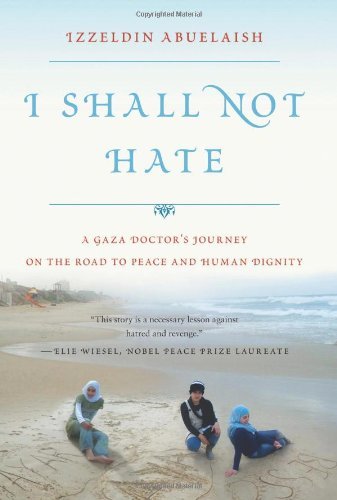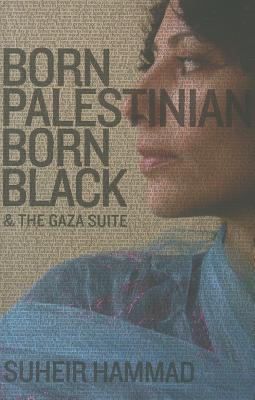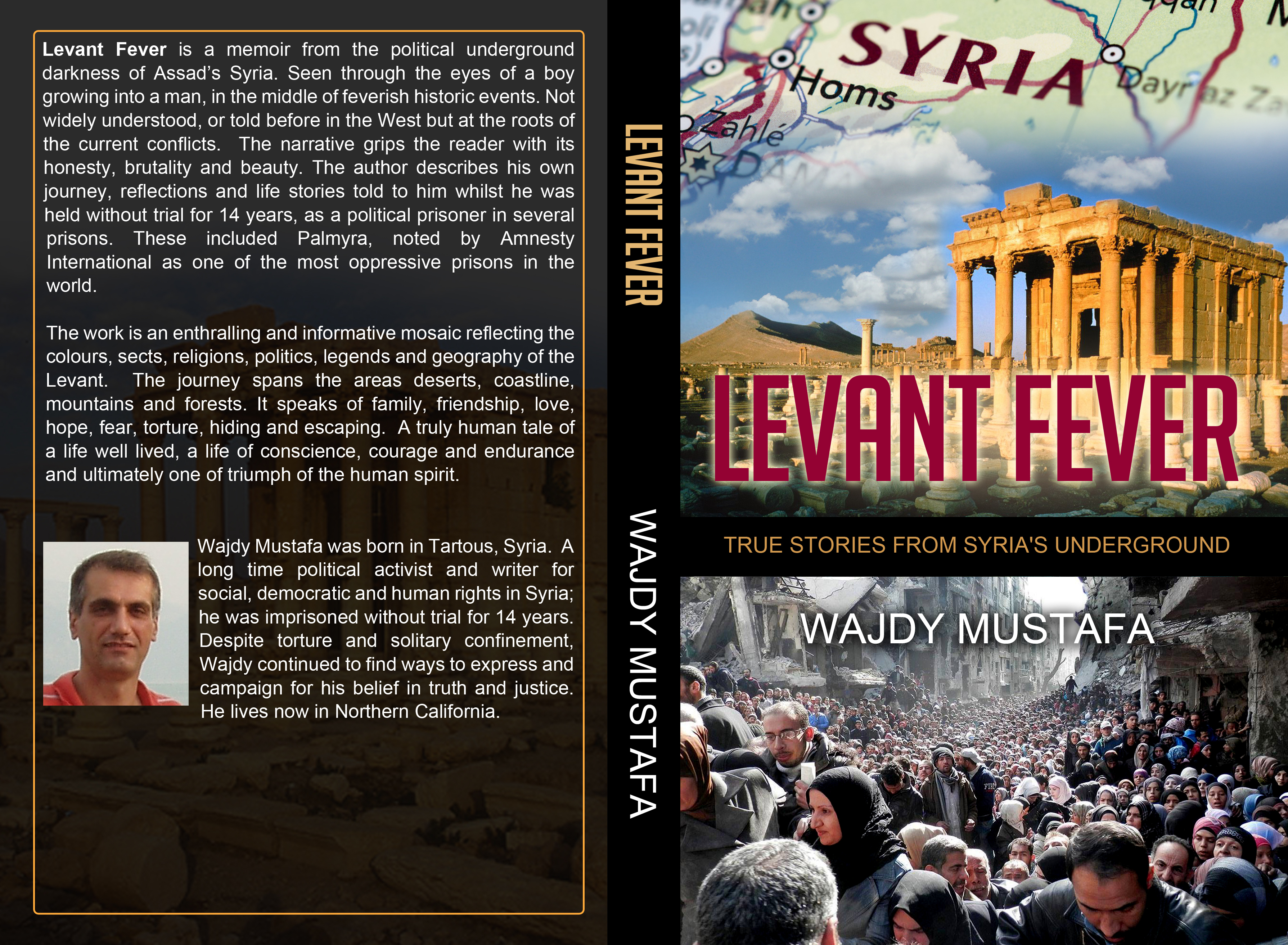
Gaza Writes Back
Book Description
When the walls of Gaza tremble under the weight of conflict, voices rise from the rubble with stories that demand to be heard. "Gaza Writes Back" is a powerful anthology that captures the raw emotions and unbreakable spirit of young Palestinian writers as they navigate love, loss, and resilience amidst chaos. Each page is a heartbeat, revealing dreams forged in the fires of despair and hope that flicker like candles in the dark. With every word, a new perspective emerges, challenging perceptions and igniting empathy. What happens when the battleground becomes a canvas for untold stories?
Quick Book Summary
"Gaza Writes Back," edited by Refaat Alareer, is a poignant anthology bringing together short stories from young Palestinian writers in Gaza. Created in the aftermath of the 2008-2009 Israeli offensive, these stories offer deeply personal reflections on life within the besieged enclave. Through diverse narratives blending pain, hope, and resilience, the writers combat stereotypes and reclaim agency over their own narratives. The anthology humanizes Gaza's conflict, illuminating ordinary people's experiences with loss, displacement, resistance, and the will to dream. Each story serves both as artistic expression and political testimony, revealing the indomitable spirit of Gaza's youth and their ability to find meaning and courage even in the darkest moments.
Summary of Key Ideas
Table of Contents
Living Under Siege: Daily Life Amid Conflict
The anthology opens a window into the daily realities of life in Gaza, capturing moments often overshadowed by headlines. The stories vividly describe the fear and uncertainty permeating everyday existence under siege, as families navigate constant danger and scarcity. Amidst shattered buildings and interrupted childhoods, the writers portray a society striving for normalcy, clinging to routines like school, family gatherings, and the rituals of food and celebration, even under the threat of violence.
The Power of Storytelling as Resistance
Storytelling emerges as both a coping mechanism and a powerful form of resistance. By recounting individual and collective hardships, the writers challenge dominant narratives that often reduce their community to mere statistics or political talking points. Through their personal voices, they assert control over their stories and reveal the nuanced complexities of Gazan identity, culture, and perseverance under extraordinary circumstances. Their testimonies reclaim agency and dignity for a people too often spoken about, but rarely heard.
Loss, Grief, and Unyielding Hope
A recurring motif is loss, be it of loved ones, homes, or dreams. Yet, from this profound grief springs an unyielding hope. The stories do not dwell solely on suffering; instead, they illuminate the strength found in solidarity, family bonds, and small victories. Whether mourning a father, missing a childhood friend, or rebuilding after destruction, the characters embody resilience, showing how hope flickers even in the aftermath of tragedy.
Humanizing the Gaza Experience
By focusing on lived experience, the book humanizes Gaza’s conflict and dismantles stereotypes. It reveals the everyday joys, humor, pain, and love that persist amidst war. Readers meet writers who are students, siblings, dreamers, and thinkers, not just victims. This personal lens helps to foster empathy, allowing readers to see Gaza not as an abstract political problem, but as a community of individuals with aspirations and emotions, deserving of understanding and solidarity.
Dreams and Aspirations Beyond War
Many stories dare to look beyond the current strife toward the future. Dreams of peace, education, travel, and fulfillment shine through, despite formidable obstacles. The young writers imagine a world where their creativity can flourish unimpeded. Through their words, they invite the reader to share in their longing for a life shaped not by siege and conflict, but by possibility and self-determination. The book ultimately stands as a testament to the enduring human spirit.
Download This Summary
Get a free PDF of this summary instantly — no email required.





